These Are the Best (and Worst) Foods for a Healthy Brain

When I think about my long-term health, keeping my body and skin in good shape is certainly important, but making sure my mind stays sharp is priority number one. Sure, losing collagen and a youthful figure stinks, but as long as I can still have intelligent conversations, aging doesn't really scare me.
That said, I know that taking measures to keep my brain healthy is just as important as with my body and skin. I do my best to read thought-provoking material each day, and I play a lot of Scrabble, which experts say is good mental exercise, alongside brain training games. But recently I got to thinking about nutrition: We've extensively covered the best foods to eat for a flat tummy and clear skin here at THE/THIRTY HQ, but what about foods for cognitive function?

"We are beginning to more clearly understand the impact of nutrition on learning and memory—from infancy into adulthood," says Matt Kuchan, Ph.D., lead nutrition discovery scientist for brain health at Abbott, a global healthcare company. "That really brings to life the important role nutrition plays in helping to create strong brain connections, helping us to focus, preserving our memories, and ultimately, in preserving who we are."
I spoke with Kuchan as well as two other brain health specialists, who shared the latest research about which foods help keep our brains sharp (and which we should avoid).
Brain-Healthy Foods
1. Brightly colored fruits
Vibrant fruits are rich in an important antioxidant called lutein, which is well known to improve eyesight—but new science says it also has a number of brainy benefits. "In a recent study conducted by Abbott and the University of Illinois at the Center for Nutrition, Learning & Memory, it was shown that seniors who consume more lutein have better crystallized intelligence—or, the ability to retain and use information that has been acquired throughout life," says Kuchan.
If you're going to gorge on any colorful fruit, let it be blueberries, which "many great health benefit while tasting like an all-natural candy," says Christopher Calapai, MD, a board-certified expert in osteopathic medicine, specializing in longevity. First off, blueberries are some of the world's biggest antioxidant powerhouses, rich in fiber and vitamins C and K. But they also contain high levels of gallic acid, which Calapai says "protects our brains from degeneration and stress."
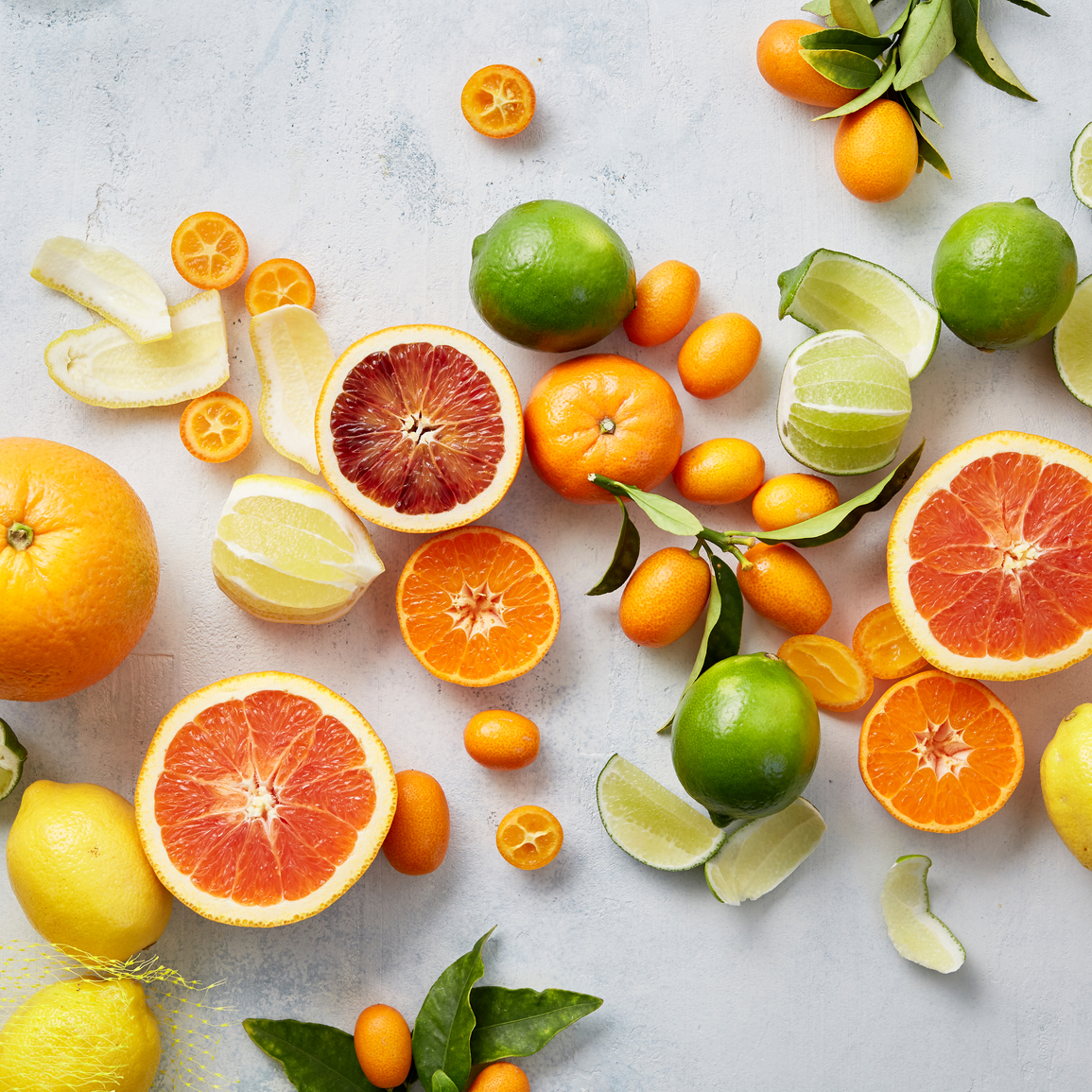
2. Leafy greens and broccoli
Leafy greens like kale, Swiss chard, collard greens, and romaine lettuce, as well as broccoli, are also rich in lutein; plus, they contain another potent nutrient called zeaxanthin. "Additional research we have conducted suggests a combination of lutein and zeaxanthin can help improve processing speed and memory at any age," says Kuchan. (In addition, broccoli boasts high levels of vitamin K and choline, which help keep your memory sharp.)
To reap the benefits, Kuchan says to aim for at least six milligrams of lutein and two milligrams of zeaxanthin every day. "It's the equivalent of one cup of steamed kale," he says. (You can also find this nutrient combo in supplement form for cheap, if you and your doctor feel it's right for you.)
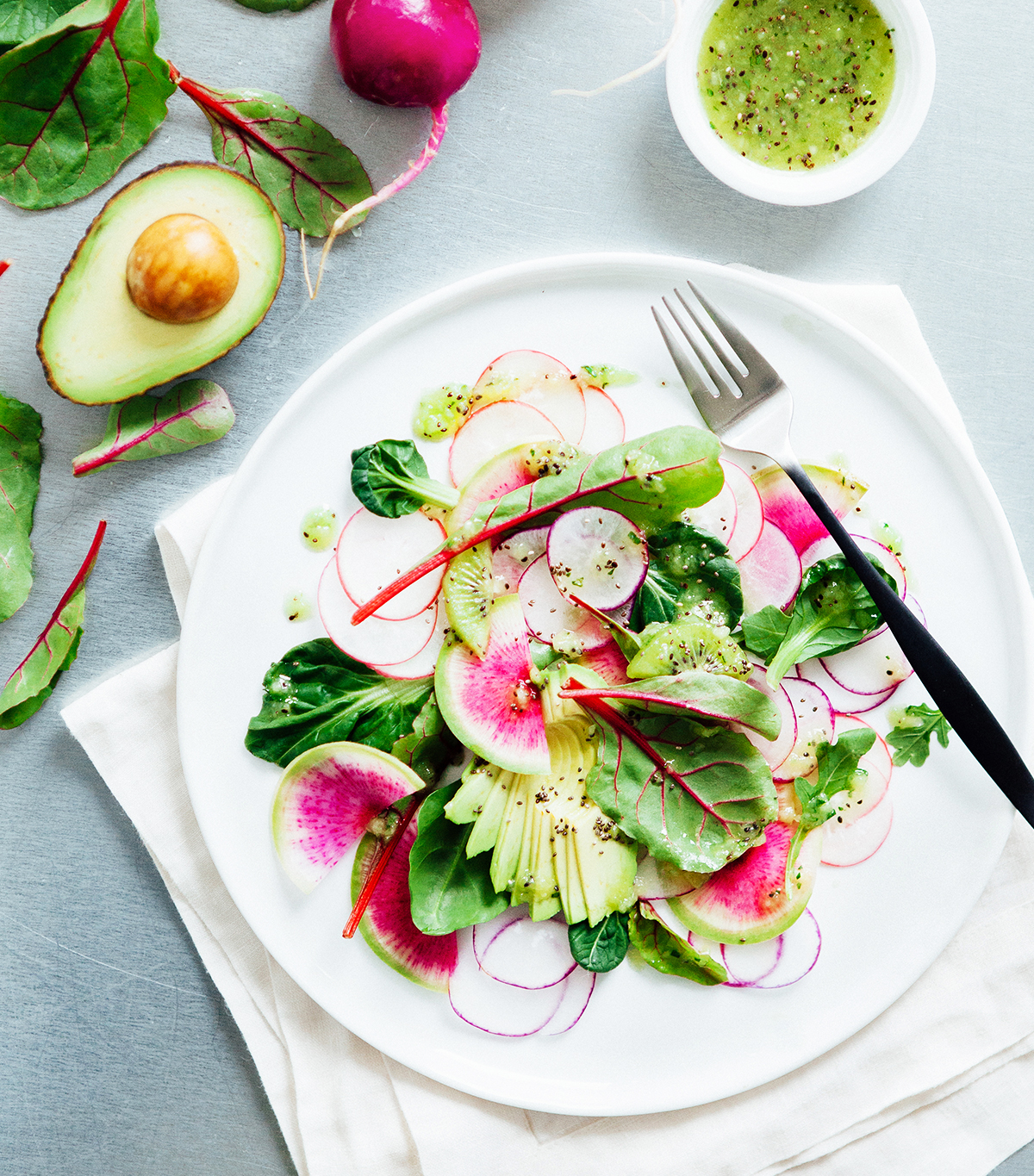
3. Turmeric and pepper
According to Mike Dow, Psy.D., brain health expert and author of Healing the Broken Brain ($17), this simple blend of spices helps keep the mind sharp on a long-term basis. Why do you need both spices together? "Turmeric is a potent anti-inflammatory agent, and black pepper makes it bioavailable, which means it helps your body digest it and make its way into your brain," Dow says. Once it gets there, he explains, the mixture "prevents the buildup of dementia-causing plaques in the brain and is even helpful in treating depression."
Work these spices into your daily diet by adding half a teaspoon of each to your salad, or try Dow's "wellness shot": half a teaspoon of turmeric, half a teaspoon of black pepper, an ounce of water, and a fresh squeeze of lemon.
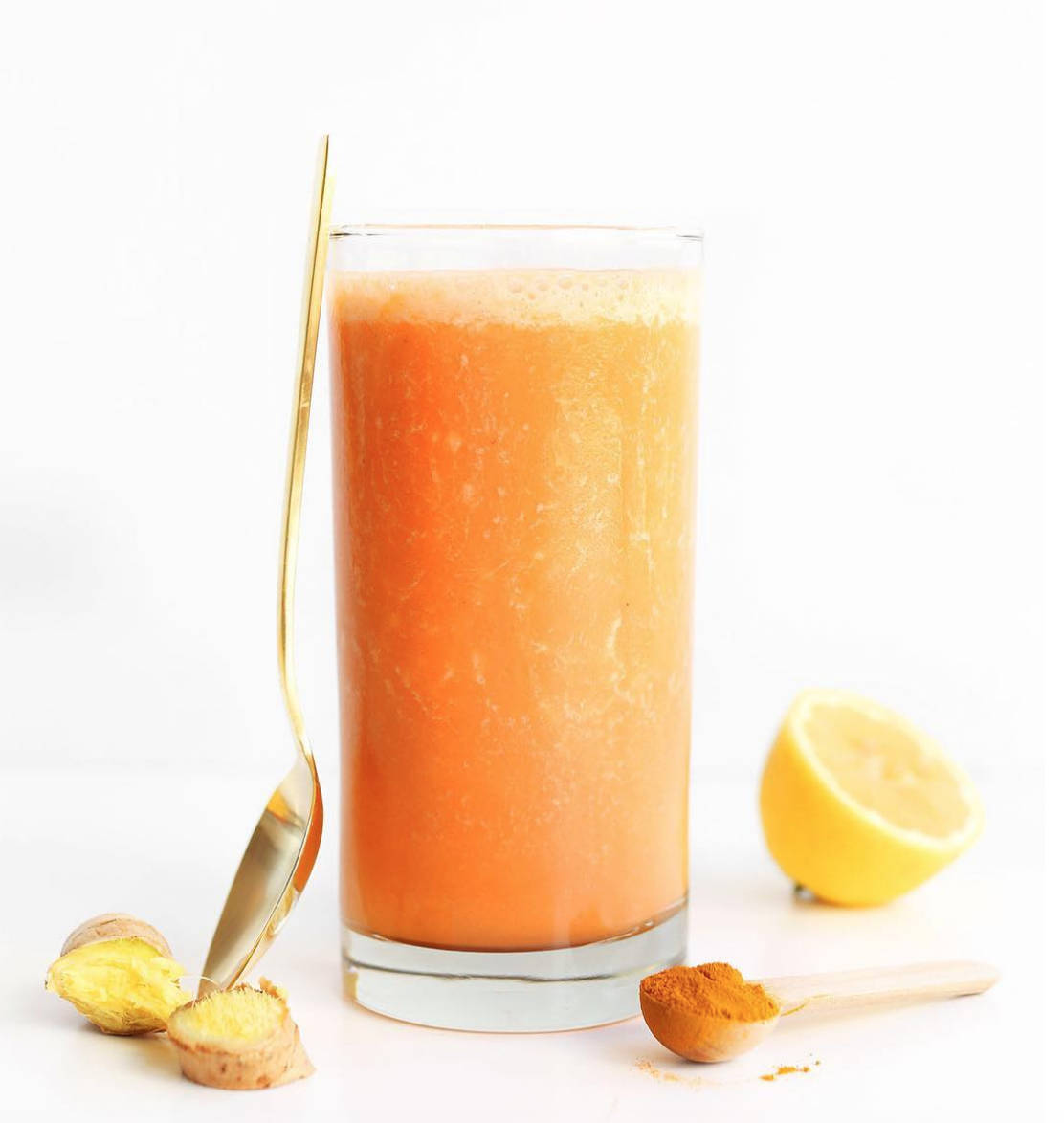
4. Nuts, seeds and avocado
Walnuts, almonds, cashews, chia, flax, and pistachios are all loaded with omega-3 fatty acids, which "can play a critical role in preserving cognitive functions and slowing the progression of the aging brain," says Kuchan. Recent research shows that in a group of older adults prone to late-onset Alzheimer's, those who consumed more omega-3 fatty acids "did better than their peers on tests of cognitive flexibility, or the ability to efficiently switch between tasks." Because the body does not naturally produce omega-3s, it is essential to add them to your diet at every stage of life.
Nuts and seeds are also a great source of vitamin E, which is "naturally found in parts of the brain that are linked to memory, vision, and language development," says Kuchan. Furthermore, it has been shown that "higher levels of vitamin E correspond with less cognitive decline as you get older," says Calapai. As a great daily snack, reach for an ounce of walnuts, hazelnuts, Brazil nuts, almonds, cashews, peanuts, sunflower seeds, or nonhydrogenated nut butter like peanut butter, almond butter, or tahini. Avocados are high in vitamin E as well.

5. Fish
DHA is a specific type of omega-3 fatty acid "associated with an improved ability to access and use information," says Kuchan. It is hard for the body to extract DHA from nuts, but Dow says that seafood makes the nutrient very accessible. "Some fish needs to be wild caught to ensure it's high in [DHA] but low in mercury (e.g., salmon)," he says. "But others are high in [DHA] and low in mercury even when farm-raised (e.g., rainbow trout, arctic char)." In addition, seafood is another excellent source of vitamin E.
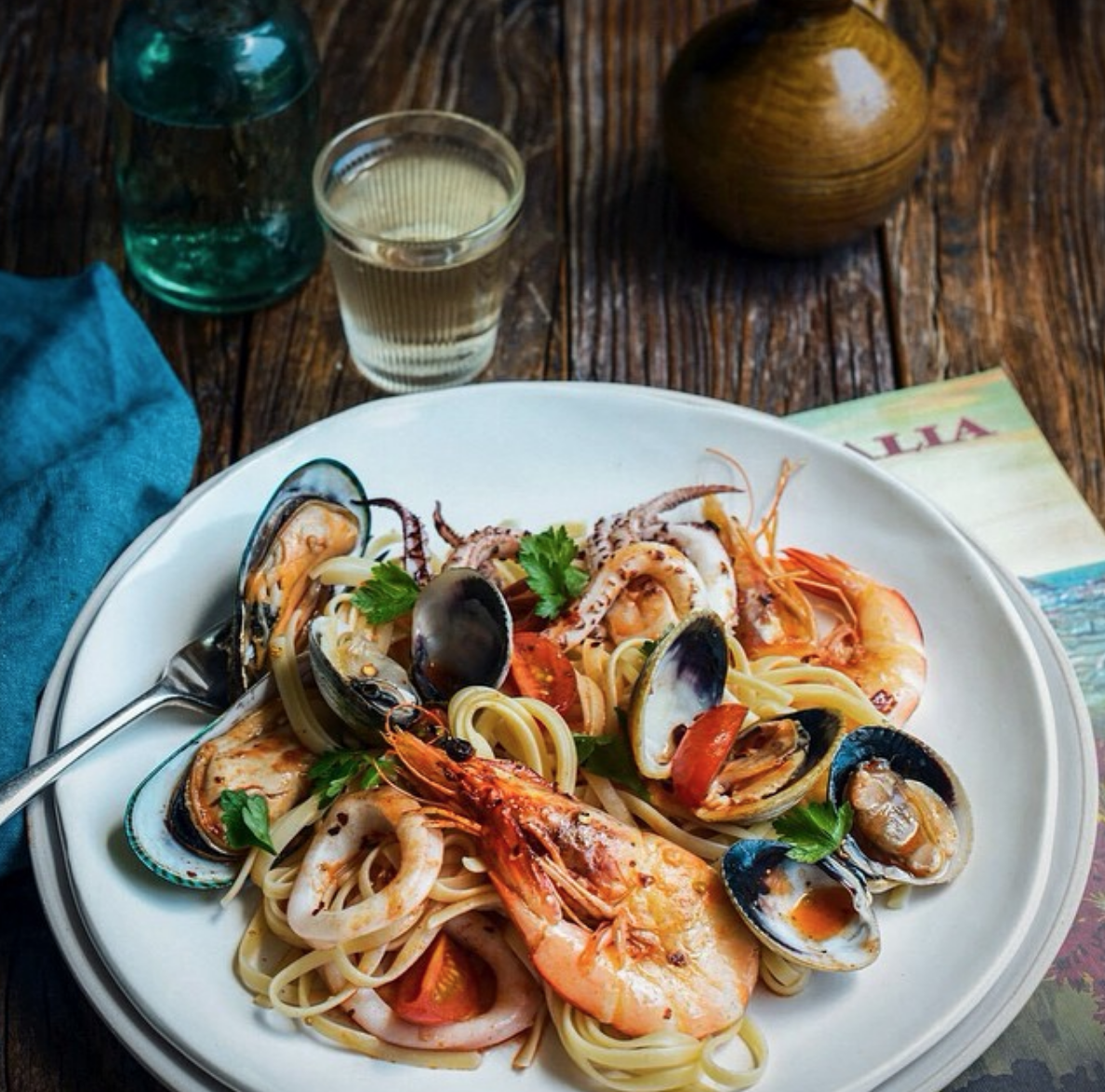
6. Black coffee and tea
Great news: Your morning upper is actually doing wonders for your brain. "The combination of antioxidants in coffee and tea along with a moderate dose of caffeine is neuroprotective," Dow explains. "That's why people who have three small cups of coffee a day have significantly less dementia."

Brain-Unhealthy Foods
1. Sugar
As if you needed one more reason to avoid raiding the office cookie stash, "spiking your blood sugar doesn't just lead to weight gain and diabetes; it spikes your risk of dementia, stroke, and anxiety," says Dow. Here's proof: One study published in Brain, Behavior and Immunity found that excess sugar "causes the hippocampus, the brain's memory control center, to become inflamed, meaning it can't work at 100%," says Calapai. "Meanwhile, one crosscultural analysis found that high sugar intake is linked to depression."
Here's an idea: Swap those pre-packaged sweets for blueberries, and you'll be doing your brain multiple favors.
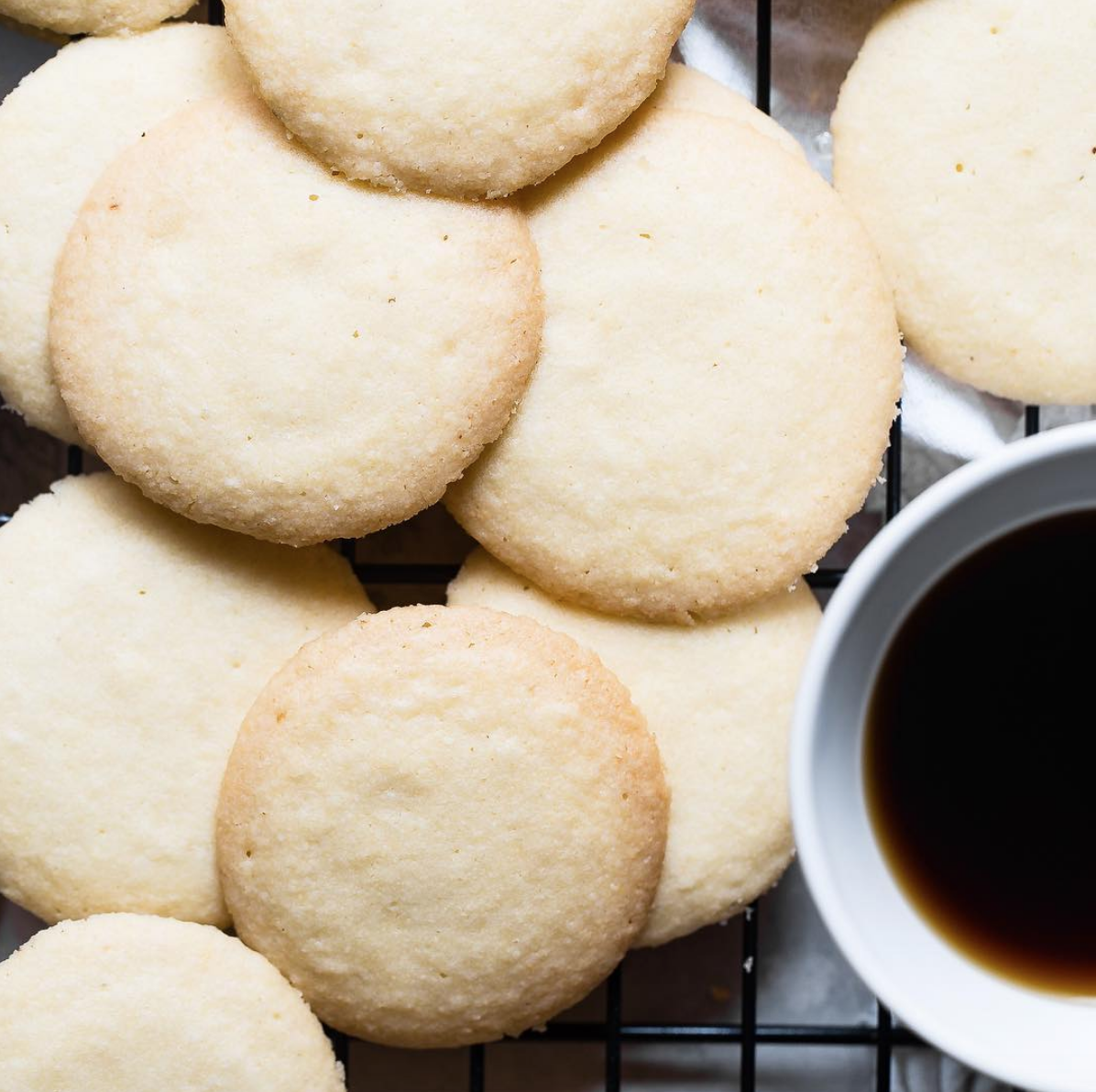
2. Partially hydrogenated oils
This is just code for trans fats, which experts agree are terrible for brain health. "In addition to upping your risk for obesity and damaging your heart health, [trans fats] can cause serious brain drain," says Calapai. Not only are trans fats associated with Alzheimer's, but one study published in Neurology found that people who consumed high levels of the stuff "had lower cognitive abilities—and smaller brains—later in life." Fried and processed foods are typically the main culprits.

3. Factory-farmed animal products
Factory-farmed meat and dairy are usually low in nutrients and high in saturated fat, which has a number of negative short- and long-term effects, says Calapai: "It can decrease the brain's ability to fight the formation of Alzheimer's-linked brain plaque, according to a 2013 JAMA Neurology." More immediately, saturated fat impedes your brain's ability to learn new information and form new memories "within as little as 10 minutes after chowing down," she says.
"If you do eat meat, make it a side and not an entrée," says Dow. And do your best to choose organic, pasture-raised, and/or free-range options, which have more omega-3s than the factory-farmed stuff.
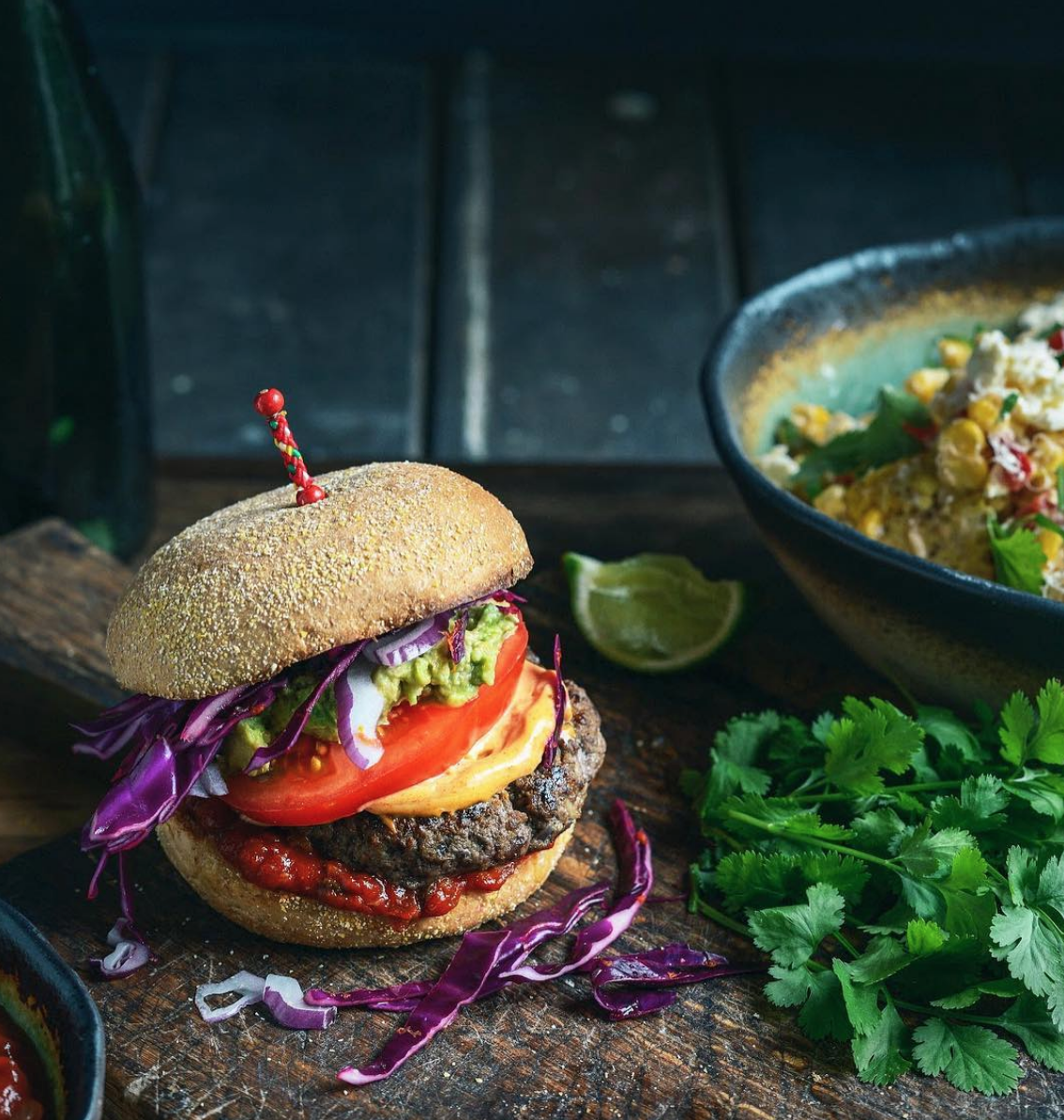
Next up, check out the best exercise you can do for optimal brain health.
Disclaimer
This article is provided for informational purposes only and is not intended to be used in the place of advice of your physician or other medical professionals. You should always consult with your doctor or healthcare provider first with any health-related questions.

Tie among Linda Rodin, Hari Nef, and David Bowie.
Who are your 5 favorite people to follow on Instagram?@petracollins @katiejanehughes @alwaysjudging @bonnyrebecca @hotdudesreading
What's the beauty essential you can’t live without?If I have some brow gel and Sisley's Phyto-Lip Twist, I'm good to go forever.
What's your desert island album?Death Cab for Cutie's Transatlanticism
What's your favorite Byrdie.com story?Game of Thrones's Nathalie Emmanuel looks so achingly beautiful in our feature with her that I think it's gonna have to be that!
-
 This Founder Shares Why We Should Start Celebrating Rest
This Founder Shares Why We Should Start Celebrating RestBurnout is nothing to be proud of.
By Kia Topps
-
 I Asked J.Lo's Trainer for His Very Best Fitness Tips
I Asked J.Lo's Trainer for His Very Best Fitness TipsGunnar Peterson has thoughts on how to get moving this season.
By Kia Topps
-
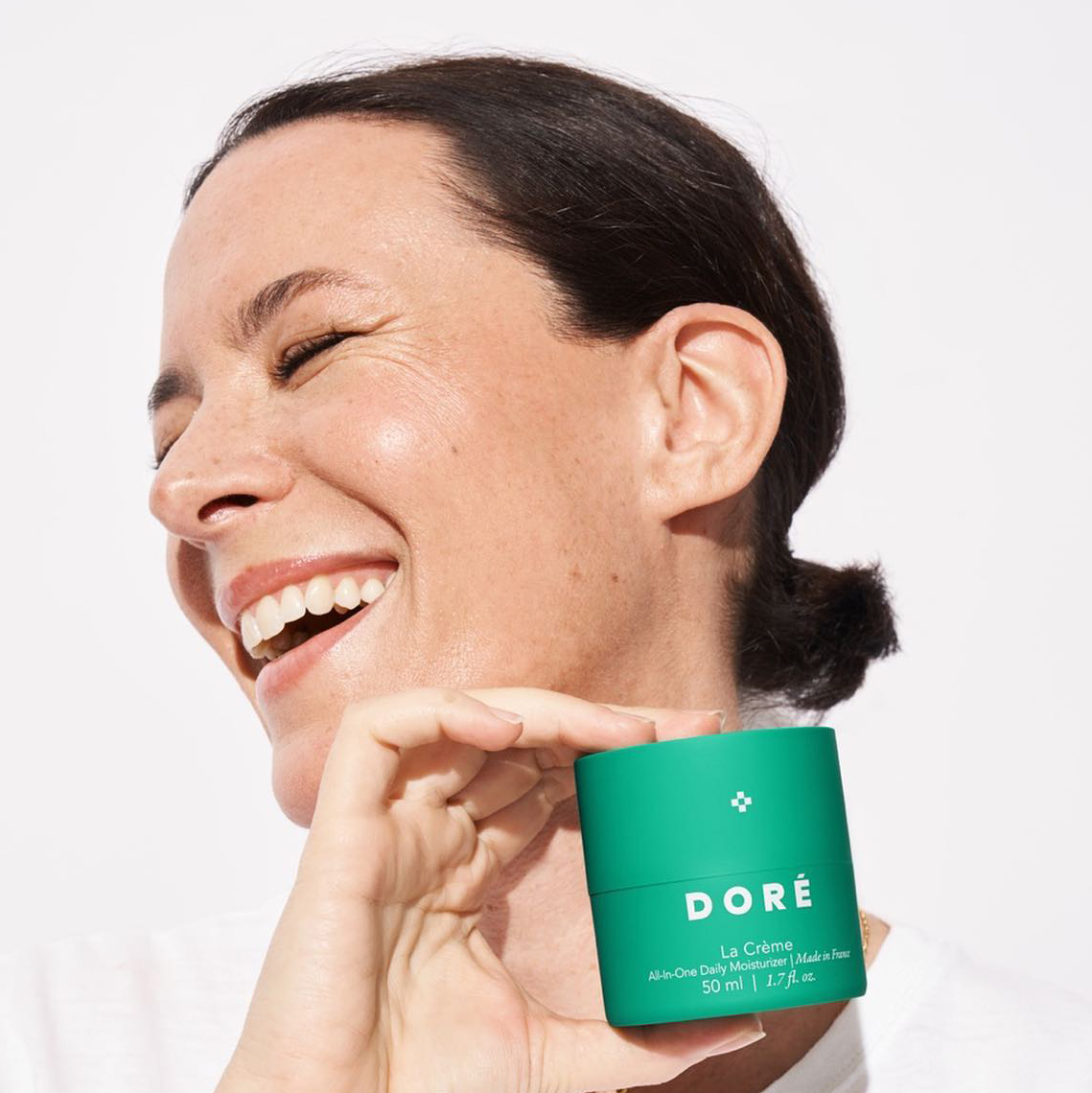 This Style Influencer Turned Founder Shares Her Favorite Ways to Start the Day
This Style Influencer Turned Founder Shares Her Favorite Ways to Start the DayA morning routine from London.
By Candice Aman
-
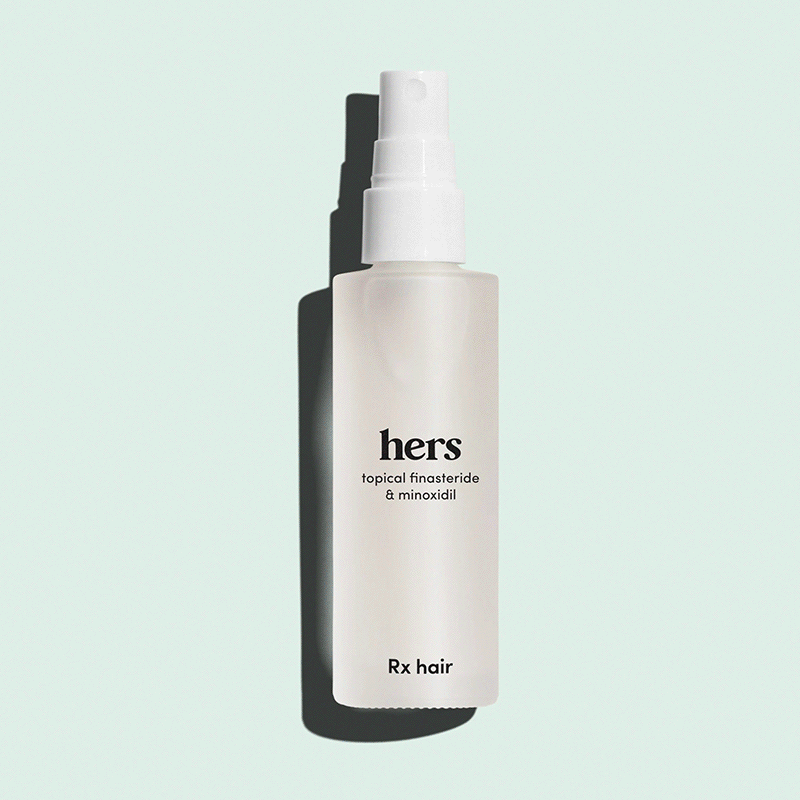 13 Products That Will Step Up Your Self-Care Game From Home
13 Products That Will Step Up Your Self-Care Game From HomeGet that glow from within.
By Natalie Gray Herder
-
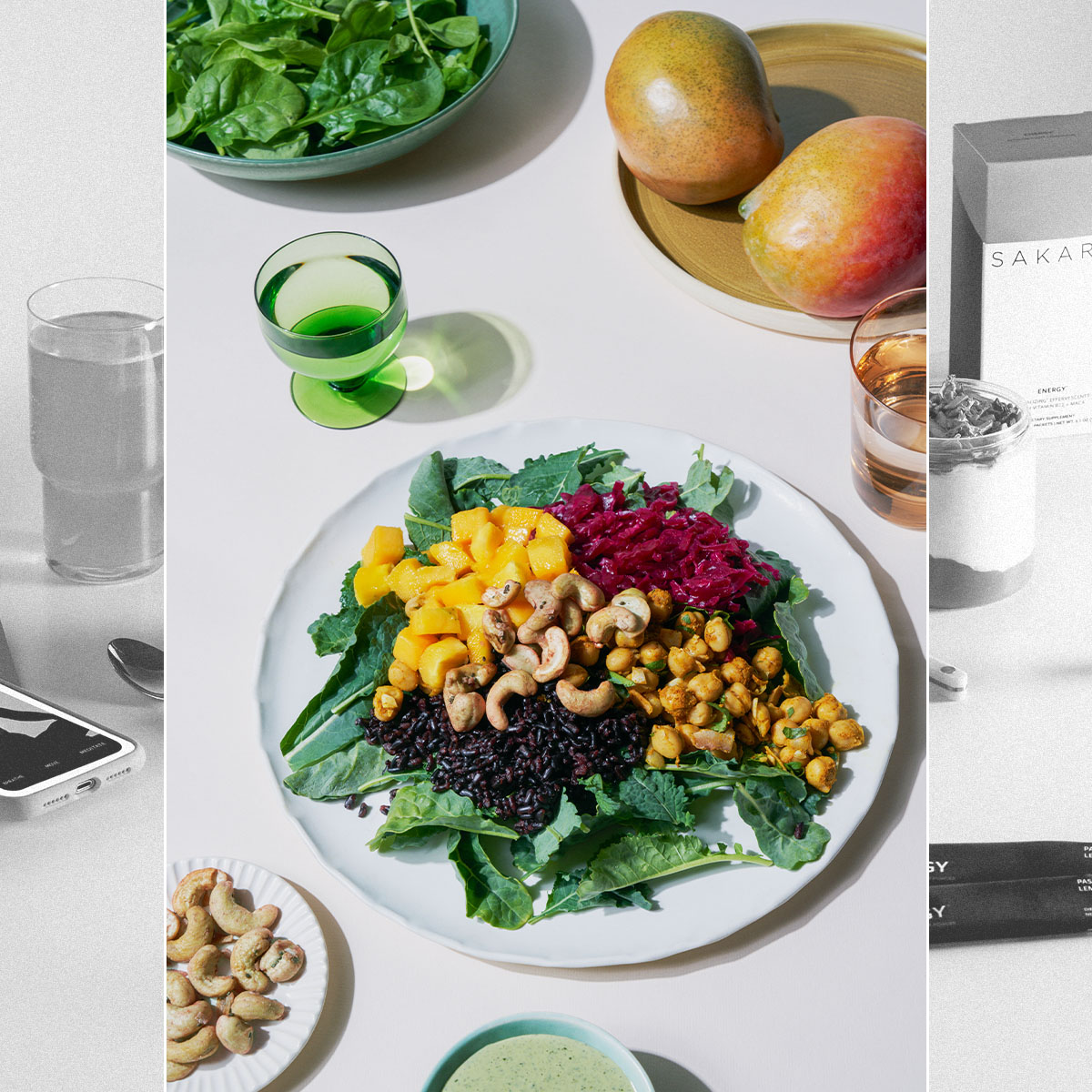 Bella Hadid and Gwyneth Paltrow Apparently Love Sakara Life, so We Tried It for 30 Days
Bella Hadid and Gwyneth Paltrow Apparently Love Sakara Life, so We Tried It for 30 DaysHere are our honest thoughts.
By Erin Jahns
-
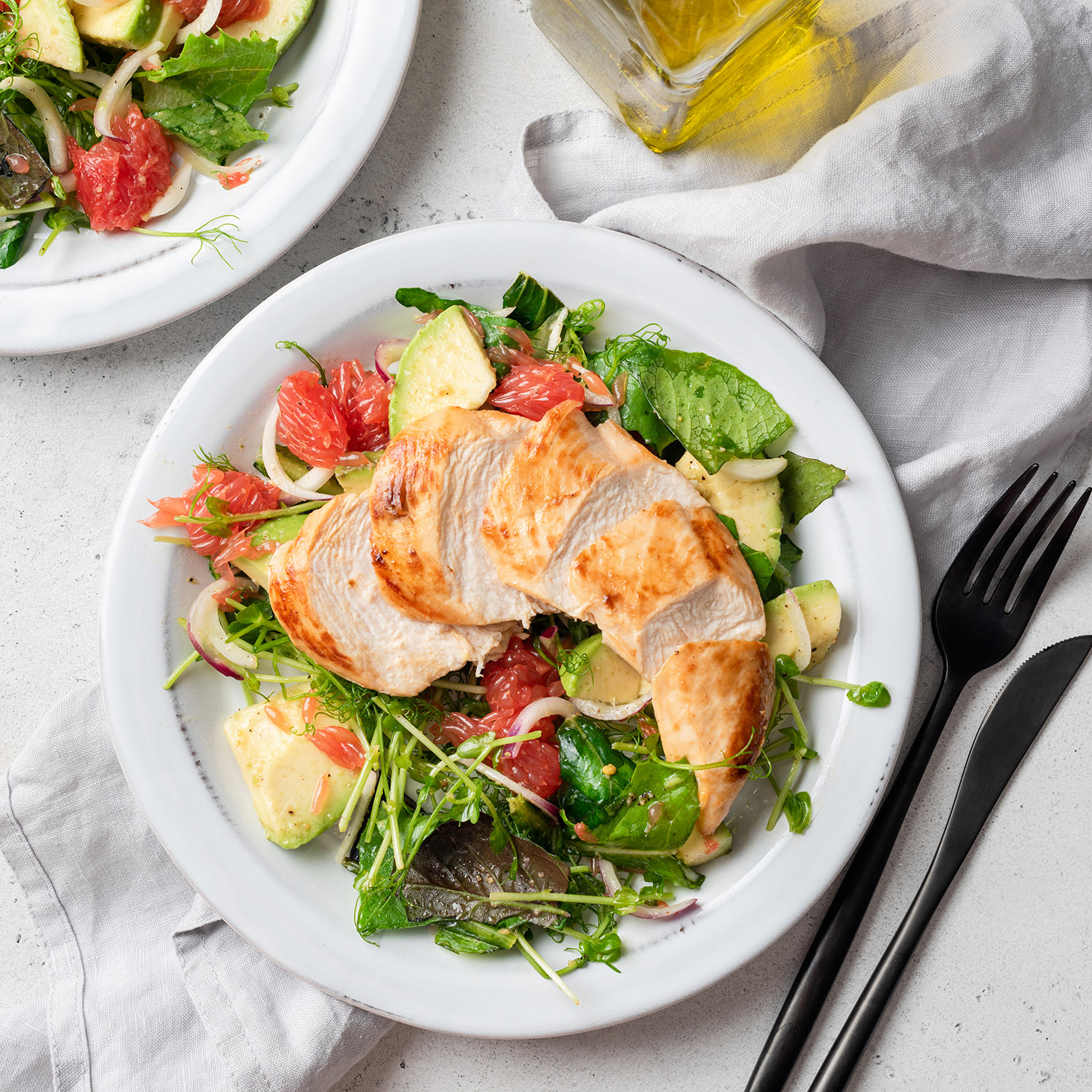 The 6 Warning Signs You're Not Getting Enough Protein
The 6 Warning Signs You're Not Getting Enough ProteinAnd what to eat to up your intake.
By Sarah Yang
-
 Everything This Professional Ballet Dancer Eats to Fuel Her for Performances
Everything This Professional Ballet Dancer Eats to Fuel Her for PerformancesHer grocery staples include high-quality French butter.
By Candice Aman
-
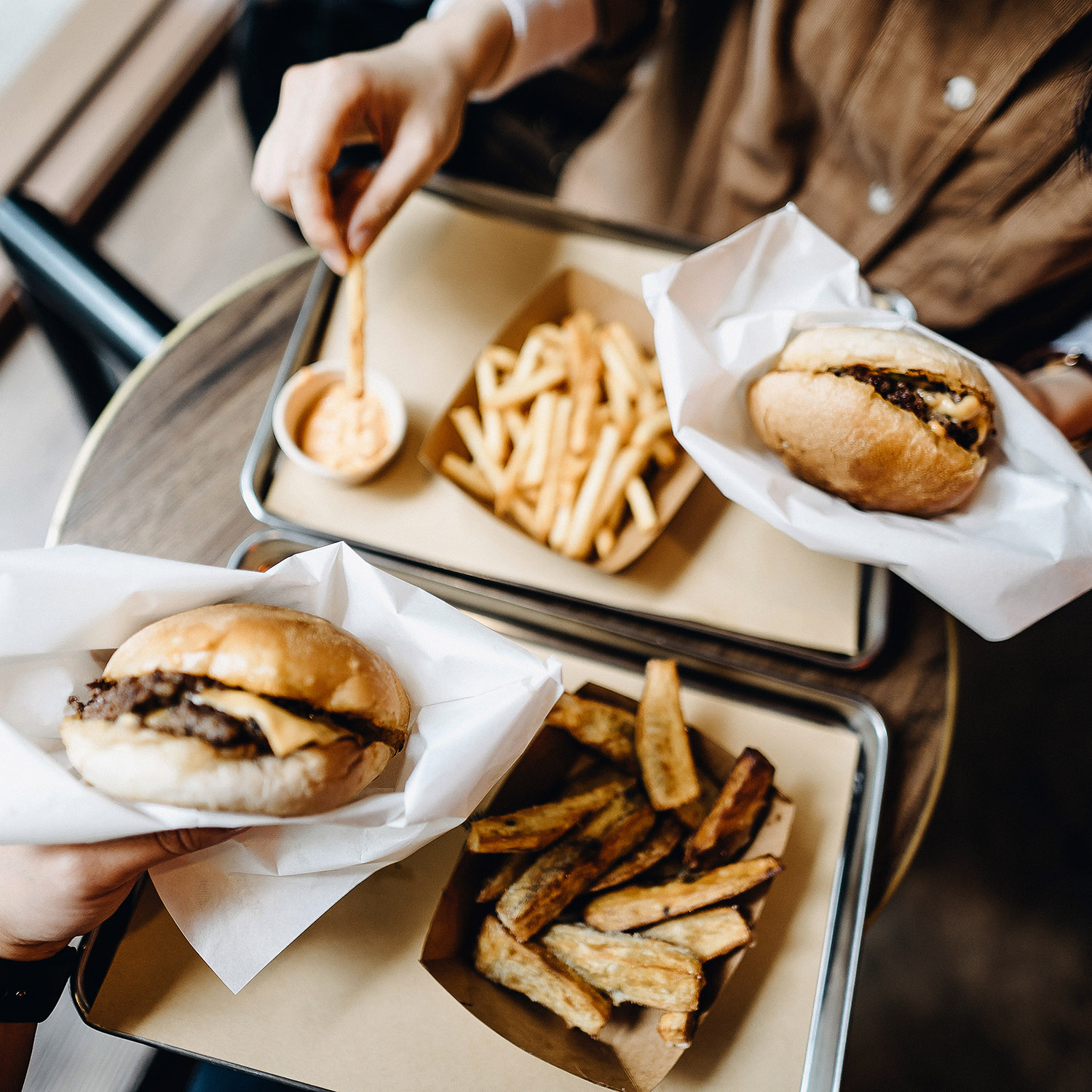 These 8 Foods Are the Worst for Rosacea—Here's What to Eat Instead
These 8 Foods Are the Worst for Rosacea—Here's What to Eat InsteadControl those flare-ups.
By Sarah Yang

